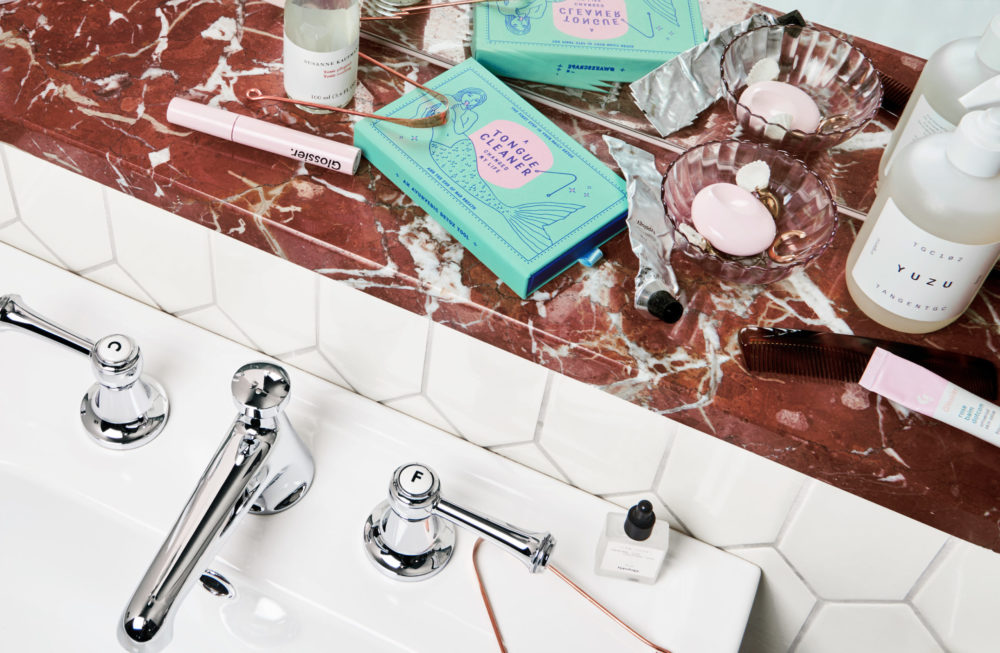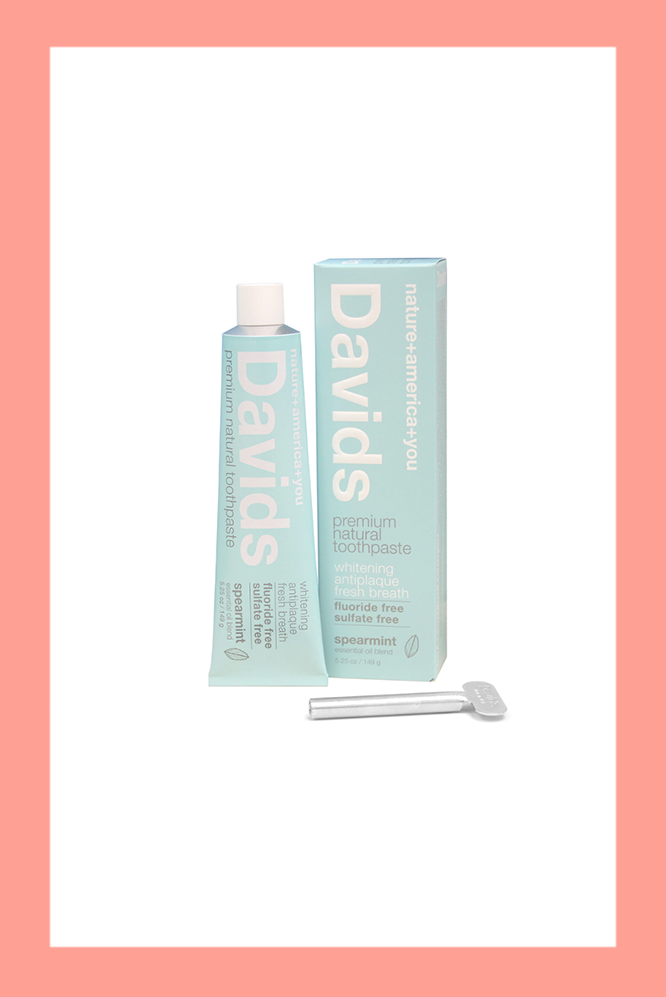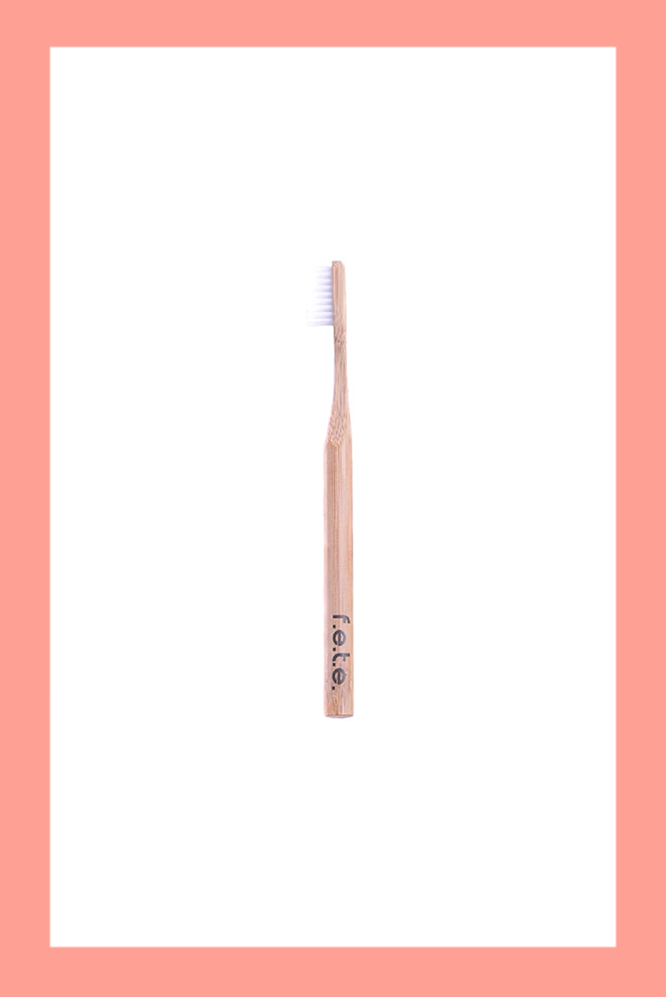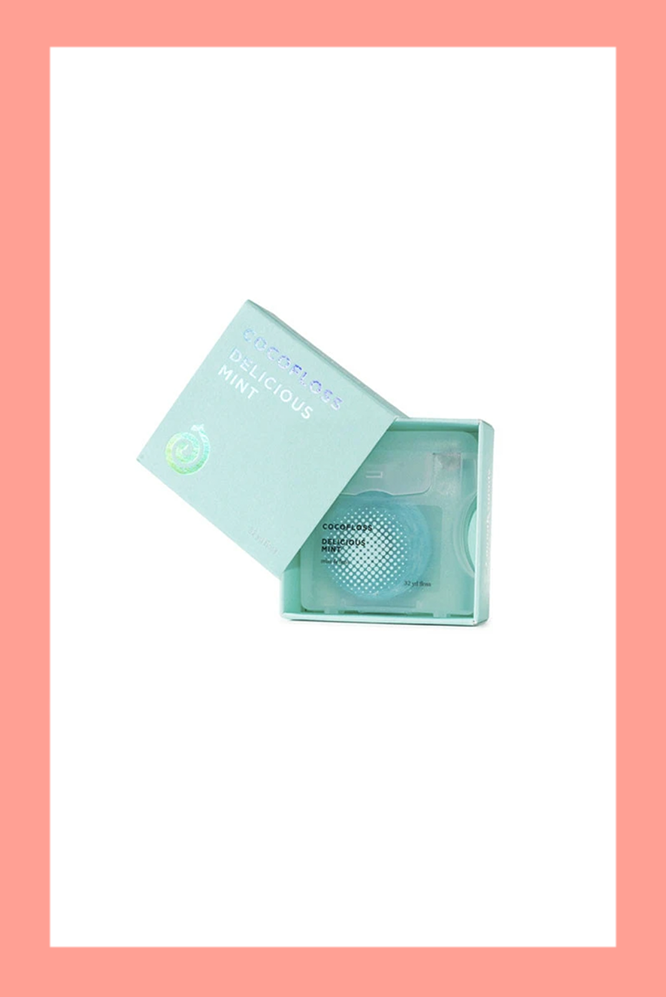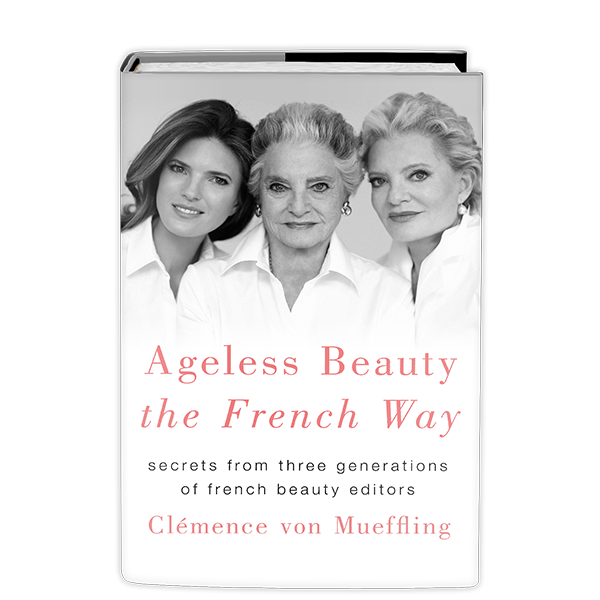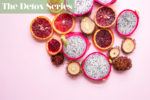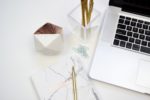Minty Fresh à la Mode A BWB Guide to Oral Health
It’s time to take your oral health regimen as seriously as your ten-step skincare routine.
I’ll be the first one to admit that I’ve postponed a dentist appointment (or two) during the pandemic. But as it turns out, oral health is deeply interconnected with immunity and overall well-being. Monique Foy, our resident tongue cleaner expert, says it best: “maintaining great oral hygiene is really like investing in your body’s first line of defense.”
If you’re fighting a gum infection or a toothache, your body’s defense against other bacterial and viral infections is compromised. In addition to impacting your overall health, oral complications can potentially spread to other parts of the body in more serious cases. Dr. Patricia Sukmonowski (@patriciasukmonowskidds), Board Certified Periodontist and former president of the NYC Dental Society, explains this phenomenon: “Bacteremia is the entry of oral microorganisms or their byproducts in the bloodstream, beginning with gum inflammation that spreads through the circulatory system to other parts of the body.” In short, it might be time to give your dentist a call back!
Scheduling regular check-ups is the key to preventing oral health problems, big and small.
According to Dr. Helen Choi and Dr. Jessica Kaplan of Park Smiles NYC & Southampton (@parksmilesnyc), you shouldn’t wait for a source of pain before making an appointment. In fact, scheduling regular check-ups is the key to preventing oral health problems, big and small.
When it comes to maintaining your mouth in between your check-ups, BWB has an oral kit just for you. I’ve been collecting tips and products from a powerhouse team of wonderful women who know their way around a tooth. After all, your smile is the window to your face. It’s the root of your confidence and how you relate to others. So, it’s about time you start taking your dental care routine as seriously as your ten-step skincare routine. Let’s dive in.
First thing to do in the morning?
Monique Foy: Wake – Scrape! The very first thing I do in the morning is clean my tongue. In fact, that’s when you see the best results. Bacteria accumulates on your tongue overnight when you sleep due to the fact that there’s less saliva in the mouth. The moment I wake up, I feel the sensation of the gross bacteria in my mouth and need to scrape it away ASAP!
Dr. Choi & Kaplan: I immediately drink a cup of water and brush my teeth.
Dr. Patricia Sukmonowski: Have a glass of water! It is nourishing for our bodies and helps to alleviate dry mouth, especially during winter months. The lack of saliva production during the night is why it is most important to optimize brushing/flossing just before bed. In other words, a dry mouth is the prime environment for bacterial activity. As a result, food accumulation overnight contributes to bad breath, tooth decay and gum disease.
Three must-have tools or products for taking care of your mouth?
Monique Foy: A Tongue Cleaner Changed My Life of course!
A salt water and turmeric gargle. Make a jar of it using water, pink Himalayan salt, and a good pinch of turmeric. Keep it beside your sink.
Oil pulling. I prefer sesame to coconut oil as coconut oil can harden and clog the drain. You can make sesame oil more palatable by adding a little mint essential oil. Clove essential oil is also a great addition because it’s antibacterial. It boosts blood flow and stimulates the immune system. A tiny amount will do – you don’t want it to be overly anti-bacterial and kill the good guys too!
Dr. Choi and Dr. Kaplan: Fluoride toothpaste, toothbrush, and floss! I like to use an electric toothbrush with a timer, so I don’t have to keep track of the time.
Dr. Patricia Sukmonowski: My three must-have tools for taking care of my mouth are a soft bristled, narrow toothbrush with a fluoridated toothpaste, woven waxed floss with a swish of mouth rinse.
Foods/drinks that you should absolutely avoid?
Monique Foy: I quit sugar about 2 years ago and it was the best decision I ever made. My skin has changed, as well as my digestion, weight and energy. I just feel like a completely different person. It was extremely difficult to do, as I was so addicted to it, but through many different attempts I worked out a method that worked for me.
Obviously, sugar is the worst thing for your oral hygiene as well.
If you’re ready to reduce but not quite quit sugar, start by removing liquid sugar from your diet. It doesn’t have to go through the usual digestive processes, so it hits your liver quickly and all at once. It also coats all your teeth in sugar. So my advice is stay away from the soda, pure fruit juices and other sugary drinks.
Dr. Choi and Dr. Kaplan: I rarely tell parents to absolutely avoid certain foods or drinks. I do often tell parents that if their child hasn’t tasted juice yet, there is no need to start! Juice can be addicting, and if parents keep it in the fridge, their kids will learn to prefer it over water. If you can avoid buying juice, you can potentially avoid tooth decay associated with the sugary drink. It’s always better to eat the whole fruit to get the maximum benefits of the food— if your child asks for apple juice, offer them an apple instead!
We also remind our patients to avoid acidic foods and drinks. Any food or drink containing sugar makes the mouth more acidic, and that causes breakdown of the enamel which can lead to tooth decay. Sour gummies are particularly damaging — not only are they acidic, but they also stick to your teeth for long periods of time! The longer the food sticks around on your teeth, the more favorable the environment is for cavities to develop.
Dr. Patricia Sukmonowski: You often hear that eating a well-balanced diet reduces your risk of things like heart disease and diabetes. But, a healthy diet is also necessary to maintain oral health especially for developing young children.
In order for your teeth, bone and gums to be healthy, they also need vitamins, protein, calcium to name a few. A healthy diet with the right amounts and variety of whole fruits and vegetables preferably raw; whole grains, protein, healthy fats like nuts, seeds and calcium rich foods like Greek yogurt, cheese and milk. Foods which are cleared easily and do not stick around on tooth surfaces in those hard to get areas.
Certain eating patterns and food and drink choices can lead to tooth erosion, cavities and put you at risk for gum disease. The key steps are to avoid food or drinks high in sugar, limit your snacking throughout the day and drink water in between meals. If you feel you need a little sweet boost, the best thing to chew sugarless gum.
Your BWB Oral Kit:
- Tongue Cleaner: A Tounge Cleaner Changed My Life
- Oil Pull: UMA Pure Detox Oil Pulling Treatment
- Fluoride Toothpaste: Sensodyne
- Non-Fluoride Toothpaste: Davids Spearmint Toothpaste & Tom’s of Maine Peppermint Toothpaste
- Electric Toothbrush with Timer: hum by Colgate
- Bamboo Toothbrush: F.E.T.E Bamboo Toothbrush
- Oral Rinse: OLAS Marine Bioactive Mouth Rinse
- Floss: Cocofloss Delicious Mint Floss
- Full Oral Kit: All-in-One Confidence Bundle from Klen (Includes Natural Mint Toothpaste, Natural Mint Mouth Rinse Pouch + Refill Bottle, Silver Tongue Cleanser, Expanding Natural Mint Floss & Nanosofit Bristle Toothbrush)

Teresa Deely is a graduate from Columbia University with majors in English and Creative Writing. She is a freelance writer and marketing assistant working for clients in the wellness, jewelry, creative, and sports industries. She believes that one’s skin is yet another canvas and vehicle for art, and has loved styling her hair and applying makeup from a young age. Spending much of her time in educating youth and leading enrichment programs for children, she is highly motivated in discovering new ways to care for herself and sharing them with others.


